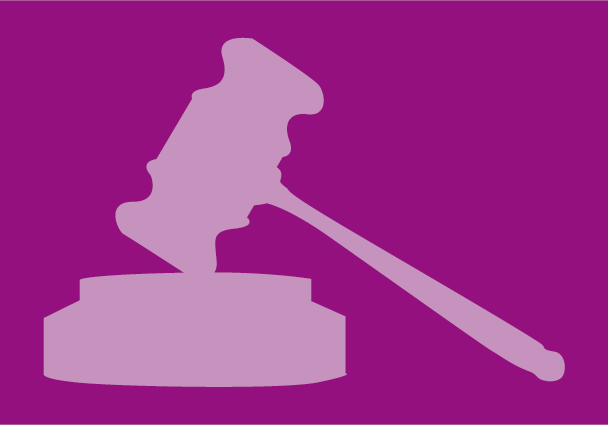A Tribunal is being constituted in Malaysia to make recommendations to the King on whether Tun Mohd Salleh Abas, head of the Judiciary, should be removed from office. Meanwhile he has been suspended.
The International Commission of Jurists and its Centre for the Independence of Judges and Lawyers has sent the following message by telex to the Prime Minister of Malaysia, Datuk Seri Dr Mahathir.
“Your Excellency,
The International Commission of Jurists and its Centre for the Independence of Judges and Lawyers, which was founded in 1978 to promote and protect the independence of the judiciary and the legal profession in all parts of the world, have followed closely the suspension of the Lord President of the Supreme Court of Malaysia, Tun Mohd Salleh Abas.
In considering such a matter we have regard to the relevant principles of international law as well as to the Constitution and laws of the country concerned. Applying these standards we respectfully question whether any action of the Lord President constituted ‘misbehaviour’ or ‘inability’ within the meaning of Article 125(3) of the Constitution of Malaysia.
As we understand the situation, in recent months there have been tensions between the executive and the judiciary arising from judicial decisions unfavourable to the government, and from public statements by the government critical of the judiciary and certain of its decisions.
In this context the Lord President believing, after a meeting with all the Kuala Lumpur judges, that such statements served to undermine the independence of the judiciary, took what would appear to be the only proper course open to him, namely to inform His Majesty Yang di-Pertuan Agong (by whom he was appointed) of his concerns in a private letter. According to a statement released by your office, it was this letter, to which His Majesty took exception, which resulted in the decision to suspend the Lord President and to appoint a tribunal to consider recommending his removal to the Agong.
We respectfully call your attention to the Basic Principles on the Independence of the judiciary which were unanimously approved in 1985 by the General Assembly (A/Res/40/32), which called on governments to respect them and take them into account in their national legislation and practice (A/Res/40/146).
Principles 8, 9, 18, and 19 provide
“8. In accordance with the Universal Declaration of Human Rights, members of the judiciary are like other citizens entitled to freedom of expression, belief, association and assembly; provided, however, that in exercising such rights, judges shall always conduct themselves in such a manner as to preserve the dignity of their office and the impartiality and independence of the judiciary.
9. Judges shall be free to form and join associations of judges or other organisations to represent their interests, to promote their professional training and to protect their judicial independence.
18. Judges shall be subject to suspension or removal only for reasons of incapacity or behaviour that renders them unfit to discharge their duties.
19. All disciplinary, suspension or removal proceedings shall be determined in accordance with established standards of judicial conduct.”
We note that Article 125(3) of the Federal Constitution of Malaysia similarly limits the grounds for removal to “misbehaviour or inability”.
Our organisations respectfully submit that the actions of the Lord President in communicating his preoccupations to the Monarch in order, in his view, to protect the independence of the judiciary, cannot constitute “misbehaviour”. By communicating his concerns to His Majesty by a private letter, the Lord President clearly conducted himself in such a manner as to preserve the dignity of his office.
If, however, a tribunal pursuant to Article 125(3) and (4) of the Constitution is to be appointed to consider the removal of the Lord President, we urge that the tribunal should be composed of judges or former judges of equal status to the Lord President. It would be invidious for junior judges to make recommendations concerning the Lord President who, we suggest, should clearly enjoy a similar privilege to that of public servants in such matters (cf. Article 135(1) of your Constitution).
We assume that the Lord President will be entitled to the usual defense rights, including the right to call witnesses, to be represented by counsel, and to a public hearing if he so wishes.
Please accept the assurance of my highest regard.
Respectfully,
Niall MacDermot
Secretary-General”

